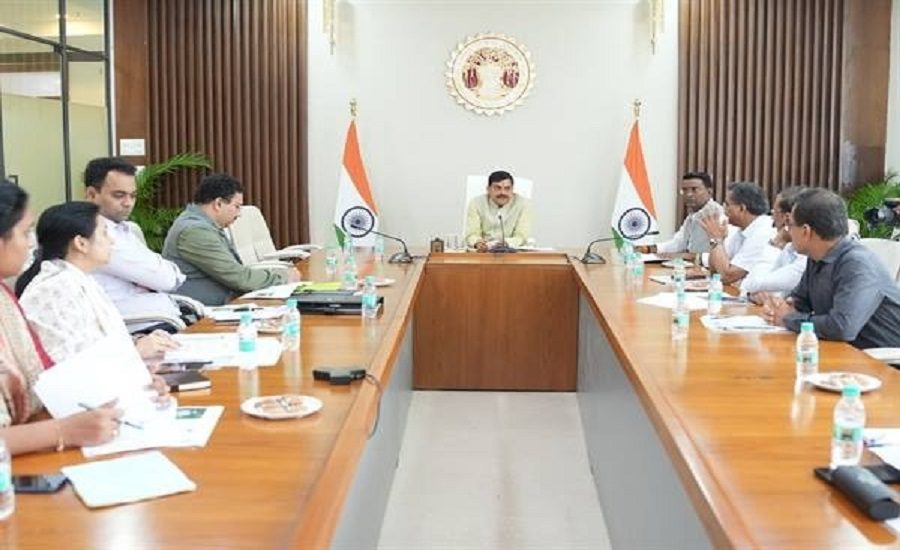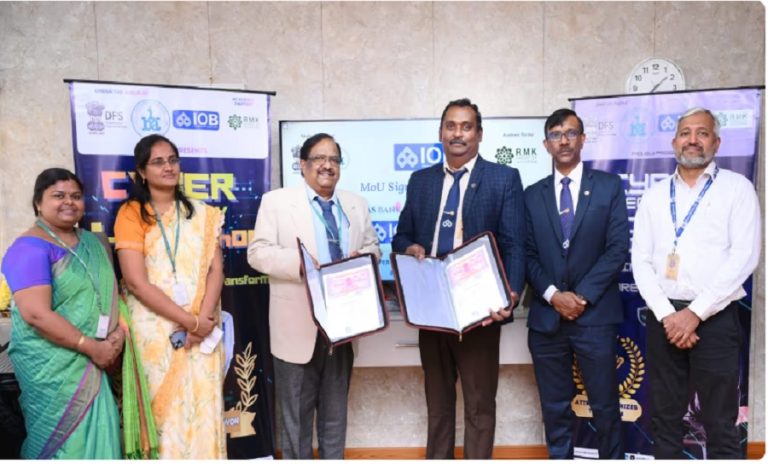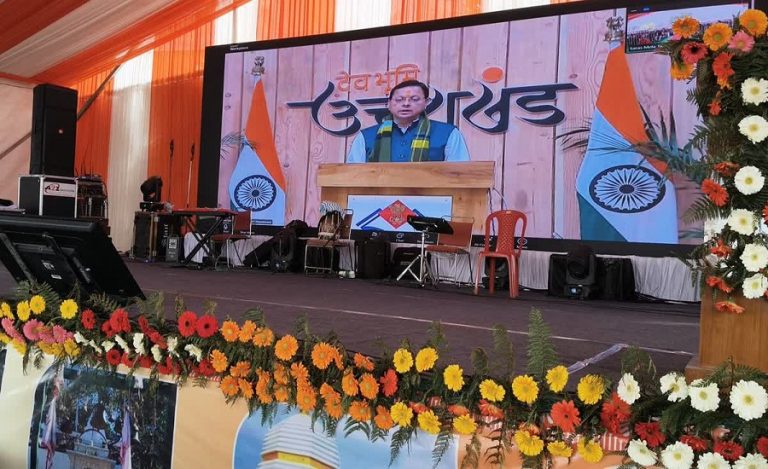Bhopal: Chief Minister Dr. Mohan Yadav has emphasized the need to plant more fruitful and shady plants that provide maximum benefits at low costs. Reviewing the ongoing ‘Ek Ped Maa Ke Naam’ campaign, he highlighted the crucial role of farmers, the private sector, and government departments in expanding plantation activities across Madhya Pradesh.
Collaborative Plantation Efforts with Farmers and Private Sector
Addressing a meeting at Samatva Bhavan, the Chief Minister stressed that planting trees is often costly for individuals, whether farmers or common citizens. To encourage widespread plantation, he urged the Horticulture Department to supply plants to farmers and citizens, and called for stronger connections between farmers and the private sector in plantation initiatives. He urged selection of plant species that offer greater benefits so that future supply can be aligned with demand.
Read Also: Chief Minister Dr Yadav: Skill is the New Currency in Madhya Pradesh’s Educational Reforms
‘Ek Ped Maa Ke Naam’ Campaign Progress and Objectives
Launched on the call of Prime Minister Narendra Modi, the ‘Ek Ped Maa Ke Naam’ campaign has been actively running since June 5 and will continue until September 30. The initiative aims to significantly increase the state’s green cover. According to the Principal Secretary of Environment, over 5.54 crore saplings have been planted since the campaign’s inception, with the Forest Department alone planting more than 5.38 crore saplings—surpassing its 3.40 crore target for 2025-26.
Departmental Contributions: Higher Education, Urban Development, and School Education
The Higher Education Department targeted planting 1.6 lakh saplings and has already planted over 1 lakh indigenous fruit plants across universities and colleges.
The Urban Development and Housing Department, aiming for 1 crore saplings, has planted 4.15 lakh shady and medicinal plants to foster urban forests.
The School Education Department is planting approximately 50,000 saplings daily, having planted over 5.37 lakh fruit and shady plants like mango, neem, peepal, and sheesham in schools statewide. Secretary Dr. Sanjay Goyal emphasized active involvement of school children, with photographic documentation on the ‘Meri Life’ portal.
Empowering Women through ‘Ek Bagiya Maa Ke Naam’
The Panchayat and Rural Development Department has engaged over 7,000 women from self-help groups in plantation activities. These women will be entrusted with the responsibility to maintain planted saplings, supporting income generation and environmental sustainability. Financial assistance for three years is being extended to help women develop fruit gardens under this initiative.
Horticulture Department’s Significant Plantation Drive
With a target of planting 21 lakh saplings across 4,862 hectares, the Horticulture Department has already planted over 9.34 lakh saplings, including mango, guava, orange, and lemon, in fields, riverbanks, reservoirs, and drains. The department’s efforts complement the wider campaign goals and contribute to enhancing horticulture productivity.
Environment Department’s Contributions and Monitoring Efforts
The Environment Department has planted over 2.76 lakh saplings in about 37,000 school premises through Eco Clubs. A comprehensive monitoring system using the ‘Meri Life’ portal ensures transparency and efficient tracking of plantation progress. The Forest Department’s action plan involves active participation of Joint Forest Management Committees and routine plantation monitoring.
Chief Minister’s Call to Action
Dr. Yadav reiterated that all departments must accelerate plantation activities and closely monitor sapling growth. By planting beneficial species abundantly, Madhya Pradesh aims to not only increase its green cover but also boost farmer incomes and promote sustainable development.




























